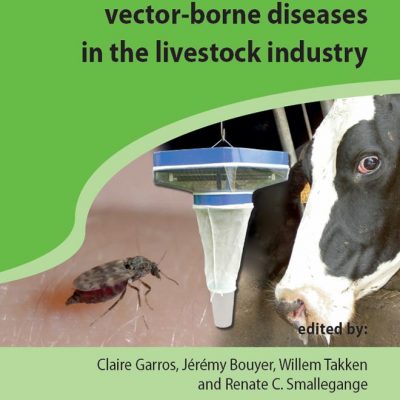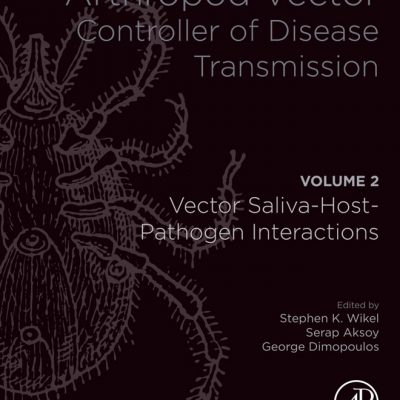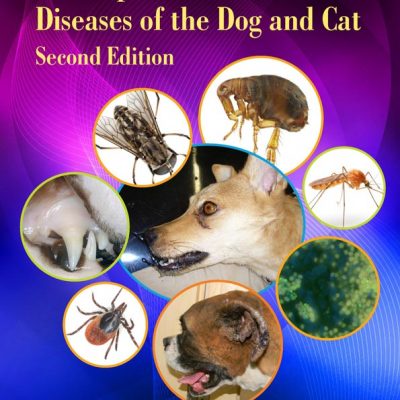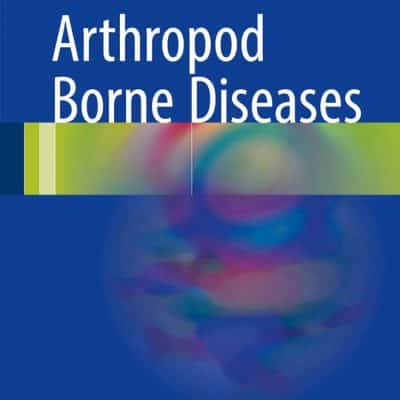
Arthropod Vector: Controller of Disease Transmission, Volume 1, Vector Microbiome and Innate Immunity of Arthropods
by Stephen Wikel, Serap Aksoy, George Dimopoulos
April 2017
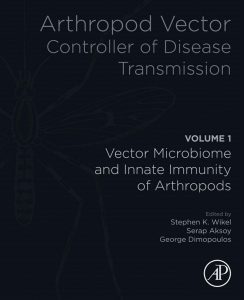
Arthropod Vector: Controller of Disease Transmission, Volume 1: Vector Microbiome and Innate Immunity of Arthropods is built on topics initially raised at a related Keystone Symposium on Arthropod Vectors. Together with the separate, related Volume 2: Vector Saliva-Host Pathogen Interactions, this work presents a logical sequence of topic development that leads to regulatory considerations for advancing these and related concepts for developing novel control measures.
The three themes of symbionts, vector immune defenses and arthropod saliva modulation of the host environment are central to the concept of determinants of vector competence that involves all aspects of vector-borne pathogen development within the arthropod that culminates in the successful transmission to the vertebrate host.
These three areas are characterized at the present time by rapid achievement of significant, incremental insights, which advances our understanding for a wide variety of arthropod vector species, and this work is the first to extensively integrate these themes.
- Includes such major areas of coverage as host-derived factors, innate immunity of arthropod presentations and the arthropod microbiome/symbionts
- Features expertly curated topics, ensuring appropriate scope of coverage and aid integration of concepts and content
- Provides the necessary scientific background for the development of the research and discussions that have laid the groundwork for future efforts, including the Keystone Symposium and relevant meetings at NIAID/NIH
Readership:
A broad market consisting of medical and veterinary entomologists, vector biologists, parasitologists, global public health specialists, medical and veterinary infectious disease researchers, medical and veterinary immunologists, biotechnologists, vaccine development researchers, entrepreneurs, and government regulators facing the challenges of implementing policies regarding emerging and novel disease control technologies


